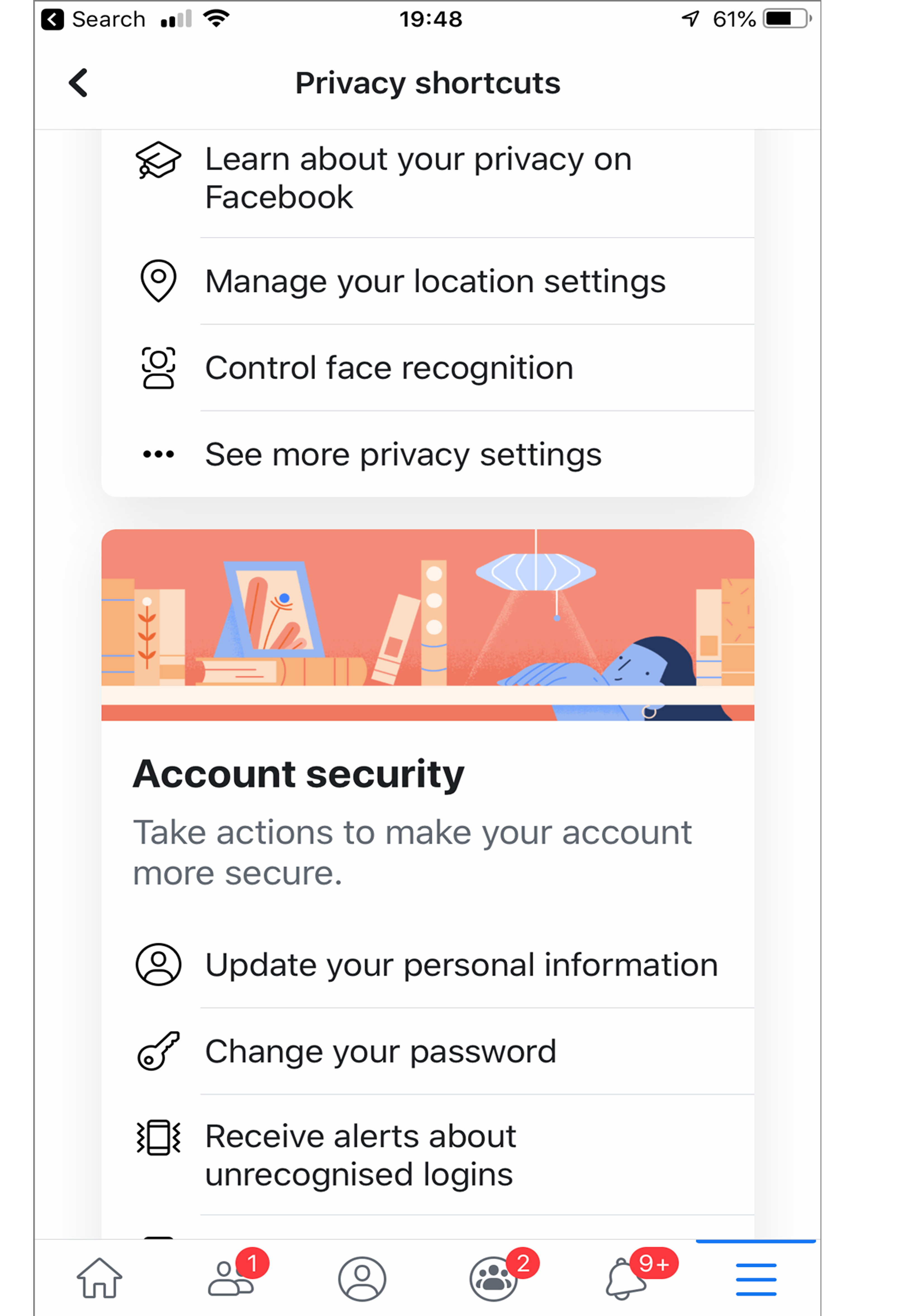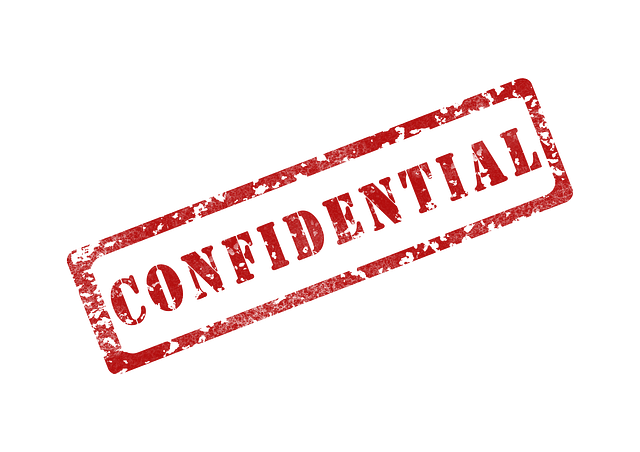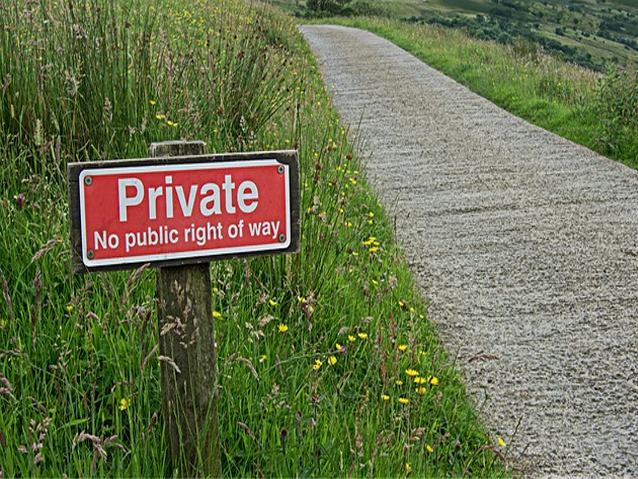This lesson will provide:
- An overview of privacy concerns & debates
- An understanding of privacy settings & limitations
- Conventional best practice principles when storing and sharing customer data
At the end of this lesson you should be able to:
- Summarise real vs imagined ICT privacy risks and how to mitigate them
- Identify existing & potential ICT privacy risks for your tourism business
- Understand international privacy best practice for the tourism industry incl. ethical responsibilities of collecting and saving guest information, both on- and off-line.
- Identify changes required in your tourism business
Your privacy

There is a concern that by interacting online, you will lose your privacy and that your personal information will become available to anyone online.
This can be a scary thought, but if you act responsibly and with a bit of thought, you can rest assured that your online presence is safe.
Especially since the implementation of the international GDPR privacy policy in early 2019, all responsible online companies have put measures in place to ensure that you are able to control the privacy of the datathat you provide them. This means that when you sign up for a product or service, they are not allowed to ask you for any irrelevant information about yourself. Also, you have the right to ask them to delete your information at any time.

Social media like Facebook and Instagram allow other people to post about you personally and even tag you in pictures. However, did you know that you can change the default privacy settings? You can decide to allow tagging in photos or not, and who gets to see your posts - only specific contacts, all friends or anyone. See Facebook's privacy settings and tools to find out how to protect your privacy.

Facebook is particularly concerned with nudity and sexual content and will have this removed automatically. Additionally, you can ask them to take down any pictures that you find offensive.
Importantly, your Facebook Business page should be kept separate from your personal profile. Facebook for Business allows you to choose whether to allow people to post or comment on your profile, and allows you to remove comments that you don't like.
Your customers' privacy

Just as you want to keep your own personal information confidential, be sure to keep your customers' data safe and secure. Information that they provide to you in order to make a booking, such as names, contact details including email, banking details and any other personal information, should be kept confidential.
Don't pass on a customer's information without their consent. The appropriate use of your customers' information is when it is used solely for the purpose for which it was received. For example, if a customer books into your guesthouse, it's not right for you to pass on their contact details to a tour operator - even if you believe they would enjoy a tour. Instead, ask their consent first, or provide your customer with the tour operator's contact details.
Do remind your single male colleagues that receiving a guest's contact details doesn't allow them to use these for personal or dating purposes 😀.
Regardless of whether the information is provided online or offline (telephonically or in-person), it is vital that this information is kept in such a way that other people can't access it without permission. This is one reason why the Bcc field is used when sending an email to a group of people who don't know each other; each person's email address is kept confidential.
How seriously do you take your customers' privacy?
- Do you leave paper copies of your customers' credit cards lying around for anyone to see?
- Would you share your customers' email addresses? (Did you realise that this information is private and should be protected?)
- Is your computer password-protected with only authorised people having access to customer data?
Summary
- If you act responsibly and with a bit of thought, you can rest assured that your online presence is safe.
- All responsible online companies have put measures in place to ensure that you are able to control the privacy of the data that you provide them.
- You can change the default privacy settings on social media such as Facebook.
- Don't pass on a customer's information without their consent.
